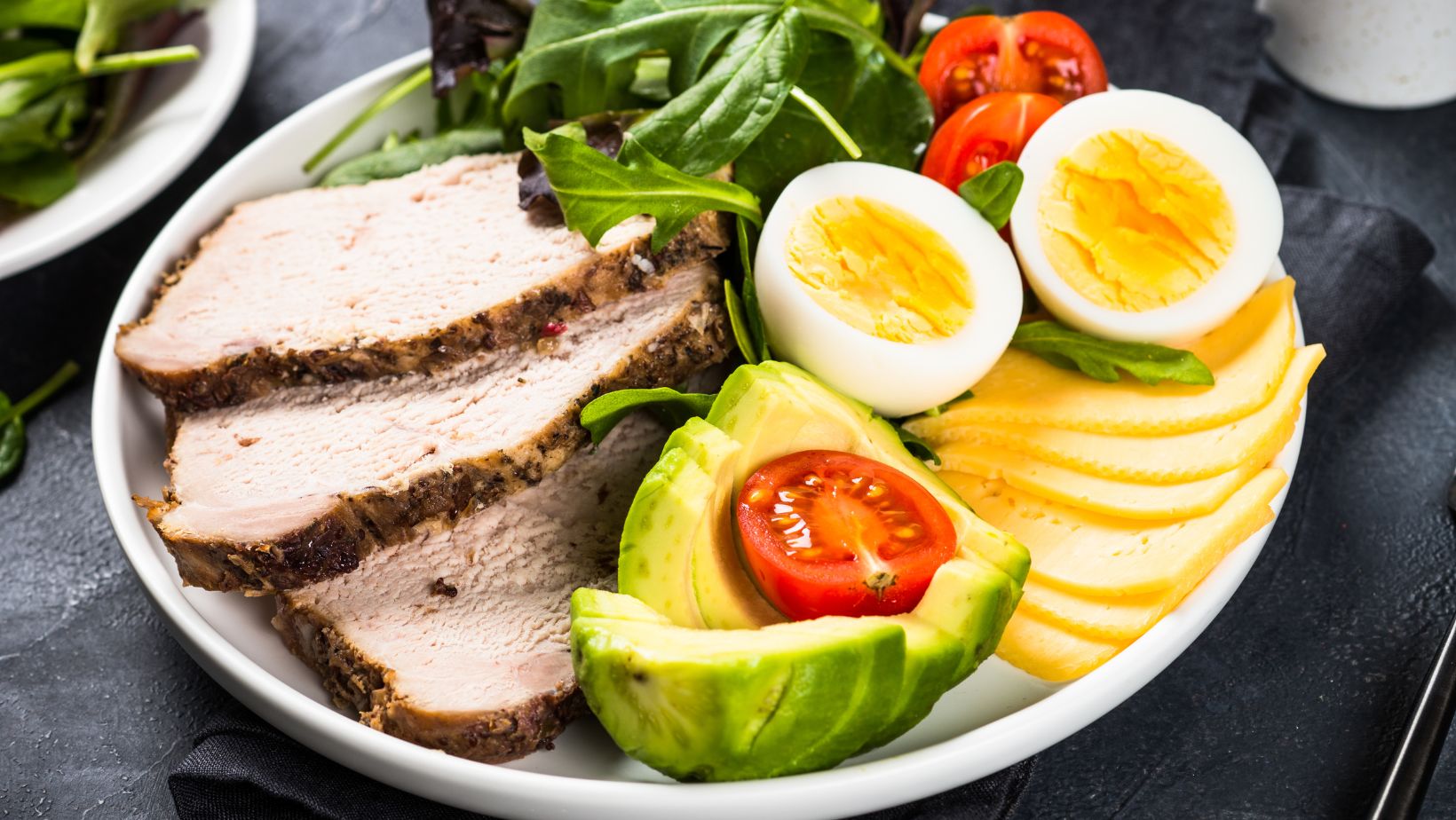
As an expert in nutrition, I often get asked about the safety of the ketogenic diet for teenagers, specifically 16-year-olds. The ketogenic diet is a low-carbohydrate, high-fat eating plan that has gained popularity for its potential weight loss and health benefits. However, when it comes to adolescents, there are important considerations to take into account.
First and foremost, it’s crucial to consult with a healthcare professional or a registered dietitian before introducing any major dietary changes to a teenager’s routine. This is especially true for teens who are still growing and developing. While the keto diet may be safe for some adults, its impact on young individuals is not yet fully understood.
In general, restrictive diets like keto can pose risks for teenagers as they require proper nutrients for growth and development. Carbohydrates play a key role in providing energy for physical activity and fueling the brain – both of which are essential during adolescence. Therefore, completely eliminating this macronutrient from a teenager’s diet could potentially have adverse effects on their overall health.
The Basics of the Keto Diet
Now, let’s delve into the fundamentals of the keto diet and explore whether it is safe for 16-year-olds. The ketogenic diet, or keto for short, is a low-carbohydrate, high-fat eating plan that has gained popularity in recent years. It focuses on reducing carbohydrate intake and replacing it with healthy fats to put your body into a state called ketosis.
Ketosis occurs when your body doesn’t have enough carbohydrates to burn for energy. As a result, it starts breaking down fat stores instead and produces molecules called ketones as an alternative fuel source. This metabolic shift can lead to weight loss and other potential health benefits.
While the keto diet has shown promising results for adults in terms of weight loss and improved metabolic health, its safety for teenagers requires careful consideration. The teenage years are crucial for growth and development, both physically and mentally. Therefore, any dietary changes should be approached with caution.
It’s important to note that there is limited research on the effects of the keto diet specifically on 16-year-olds. However, some experts express concerns about potential long-term risks associated with restricting carbohydrates during this critical stage of life. Carbohydrates are essential macronutrients that provide energy for growing bodies and support brain function.
Before considering the keto diet or any significant dietary changes for a teenager, I strongly recommend consulting with a healthcare professional or registered dietitian who specializes in pediatric nutrition. They can help assess individual nutritional needs based on factors such as age, activity level, overall health status, and personal goals.
Is Keto Safe For 16 Year Olds
When it comes to the nutritional needs of 16-year-olds, it’s important to ensure they are getting a well-balanced diet that supports their growth and development. While the ketogenic diet has gained popularity in recent years, there is limited research on its safety and effectiveness specifically for teenagers. As an expert, I’ll provide insights into the general nutritional needs of 16-year-olds without focusing solely on the keto diet.
- Macronutrients: At this age, teenagers require adequate amounts of macronutrients such as carbohydrates, proteins, and fats to fuel their active lifestyles and support their physical growth. Carbohydrates are especially important as they provide energy for daily activities and brain function. Including whole grains, fruits, vegetables, and legumes in their diet can help meet these carbohydrate needs.
- Protein: Protein is essential for tissue repair and growth during adolescence. It’s recommended that 16-year-olds consume lean sources of protein like poultry, fish, eggs, dairy products or plant-based alternatives like tofu or legumes at each meal.
- Healthy Fats: Healthy fats play a crucial role in hormone production and absorption of fat-soluble vitamins. Incorporating foods like avocados, nuts/seeds, olive oil or fatty fish (e.g., salmon) can provide essential fatty acids while maintaining a healthy balance.
- Micronutrients: To support overall health and development during this critical stage of life, focus on providing a wide range of micronutrients through consuming a variety of fruits and vegetables from all color groups. This will help ensure an adequate intake of essential vitamins (A,C,E,K) as well as minerals such as calcium and iron.
- Hydration: Staying properly hydrated is often overlooked but plays a vital role in supporting physical performance and cognitive function among adolescents. Encourage your 16-year-old to drink water throughout the day and limit sugary beverages.
While the keto diet may have potential benefits for certain individuals, it’s essential to consult a healthcare professional or registered dietitian before considering it for your 16-year-old. They can assess their specific nutritional needs, growth patterns, and guide you towards an appropriate dietary approach that meets their requirements.

